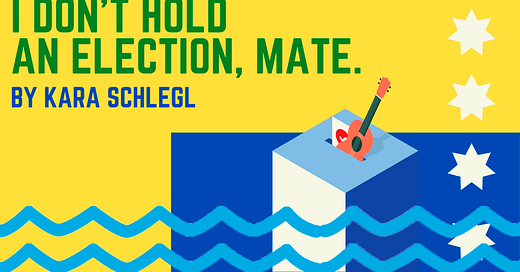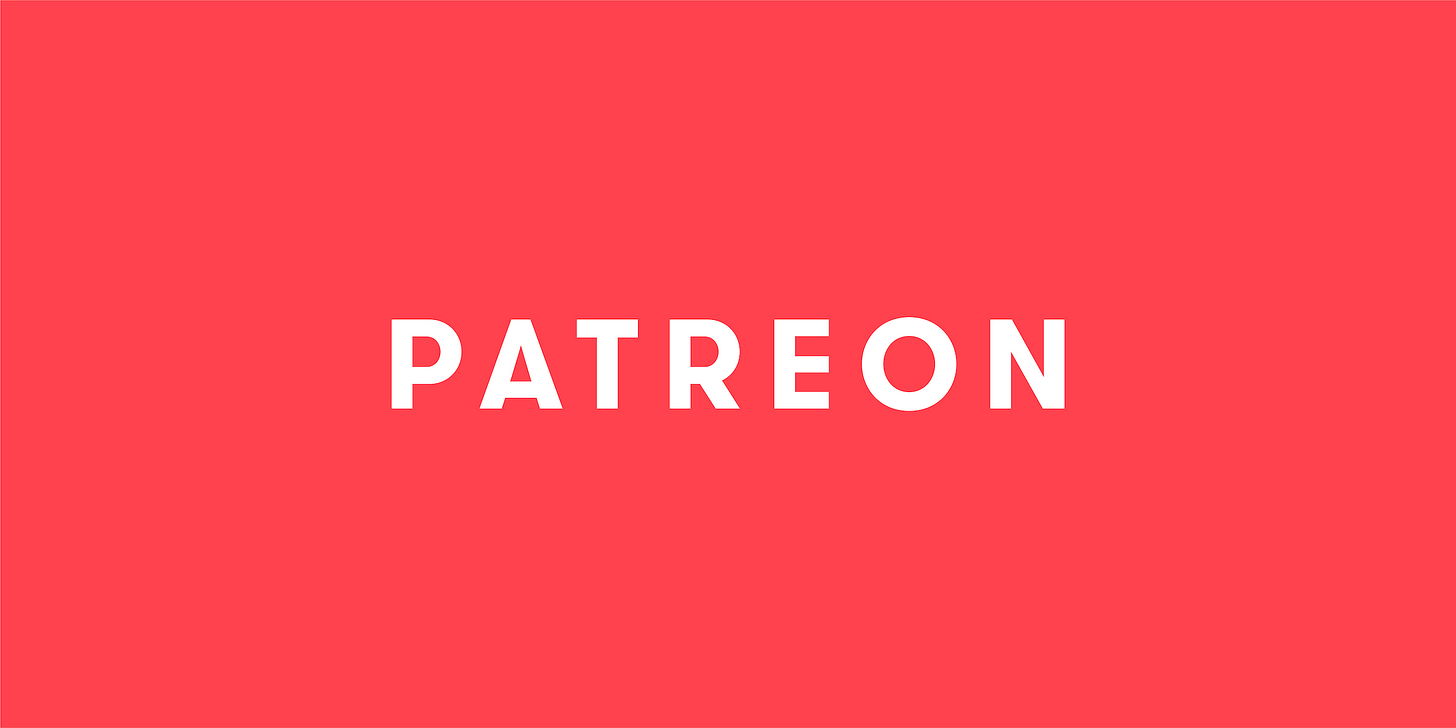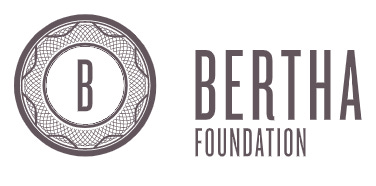G’day Fearmongers,
Writer Kara Schlegl brings a uniquely clear-sighted, smart and often funny view to any topic. It’s our luck and fortune that Kara has agreed to write a column for A Rational Fear’s Substack every fortnight on a Tuesday until the election: I Don’t Hold An Election Mate.This is possible thanks to people who chip into the A Rational Fear Patreon, if you want to read more like this — chip-in for as little as the price of a cup of hot chocolate per month.
Cheers
Dan Ilic
Here’s Another Crisis For Us to Worry About
In which I deep dive into the Housing Crisis and try not to drown
It’s impossible to overstate how fucked we all are right now. Queensland and NSW are sinking under almost 18 metres of torrential rain, the world is on the brink of a war that might turn nuclear, we’re still in the midst of a deadly global pandemic, and I’m struggling to pay my goddamn rent. OK, so maybe that’s a bad way to frame my extremely first world problem, but on Friday, as Putin edged closer to Kyiv, a very significant and shocking government housing report was (understandably) buried in the headlines, and – not to sound like a concerned mum after finding a condom wrapper under your bed, but – we need to talk about it.
The State of the Nation’s Housing 2021-22 report tells us house prices across Australia have skyrocketed during the pandemic (in some places, by up to 30%), and that rental prices are chasing this rocket’s tail. It will now take the average first home buyer 9 years to save for a deposit, and after 9 long years of drinking Nescafé for breakfast and licking pizza boxes for dinner, the pickings are still slim. Only 30% of the market is affordable to middle-income earners. Of course, I’m talking across Australia, but if you happen to live in a city like, say, Sydney, then you’ll be lucky to find a delightful porta-potty with highway views within your price range.
This might seem like a really small problem in comparison to the life and death circumstances of people fighting a war (and it is), but it’s an enormous problem for anyone in Australia who wants to keep a roof over their heads, especially those whose roofs are currently sitting ten feet under water.
A week ago I might’ve guessed that Australia’s housing crisis, alongside cost of living, would be the core issue in the upcoming election. Now that the world has exploded, and Clive Palmer has decided to kick off his campaign in the back of Hitler’s Rolls Royce, I honestly have no fucking idea what Scott Morrison, Anthony Albanese and the rest of those clowns are going to campaign on. I’m sure there will be a pivot to promises of more defence spending, even though we already spent $44.6 billion on it in the last budget.
What I do know is that regardless of what’s happening in the world, this is still a serious election issue. It’s also an issue that has been described in the past as “political suicide” for anyone who might attempt to fix it. This is because, despite rapidly declining homeownership and rising housing inequality, homeowners still make up the majority of voters, and they’re all selfish pricks. This isn’t me saying it, it’s the experts. This could be why the major parties have decided to throw money at housing development, rather than commit to housing regulation and reform.
Back in May 2021, Labor pledged to establish a $10 billion future fund that would ensure the development of 30,000 low cost and affordable homes. Then in December, as a little Christmas treat, the Coalition promised their own package; $500 million to finance 2,500 affordable homes. Now, I’m not trying to imply that Morrison has a small package, but it does seem that way.
The Greens have the biggest package of all, pledging to build “one million homes” that are “sustainable, accessible, and affordable.” This might seem like a pipedream, the kind of thing you’d only see in socialist porn, but the costs would be split between the Commonwealth, and State and Territory Governments, and these housing developments would be spaced over 20 years, which makes the whole thing sound a little more realistic.
This is all very important, because social housing developments have come to a complete stop over the past few years, and we desperately need more. But here’s the problem; we’re currently facing a serious climate crisis that has already destroyed thousands of Australian homes, and threatens to get much worse (if you’re in Australia and you look out your window – or your porthole – right now, you have a good chance of seeing this happen in real time). And our uniquely Australian affection for expansive private housing development is contributing enormously to this climate crisis. Private housing developments have led to unregulated land clearing and a ball-shrinking increase in emissions. On top of this, the way we develop housing doesn’t account for the crisis it is directly contributing to, with some designs so unfathomably unsustainable, they’ve become deadly.
As experts have made clear, building more houses isn’t going to be enough, we need to transform the housing market on all sides. They’ve already suggested sensible solutions, like creating a National Housing Policy that regulates private developments, rent increases, property investments, and house hoarding – so we can fill the over one million abandoned homes situated across the country (this is how ghosts happen, it’s a serious problem and it needs to be stopped).
Personally, as a single millennial who works in the arts, I’ve come to terms with the fact that I will never afford a home and can look forward to retirement in a cosy cardboard box. But for the rest of you, I’d take this issue very seriously. All the data indicates that housing inequality is going to get really bad, especially for anyone who hasn’t broken into the housing market yet. It might be put on the backburner this election in favour of more immediate crises, but your vote on this issue will matter in the years to come.
K.S.
You can follow Kara’s writing at Extremely Brave.
You can chip into her work here.
And you can follow her on Twitter here.
PATREON 💸:
Thanks:
Big thanks to The Bertha Foundation, and our Patreon Supporters







